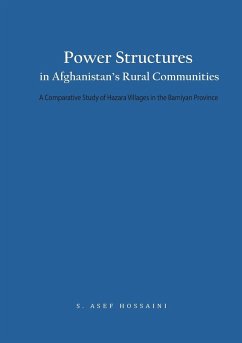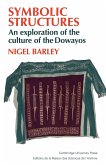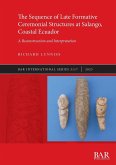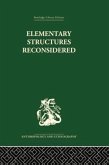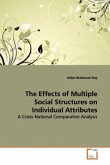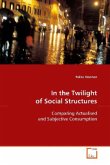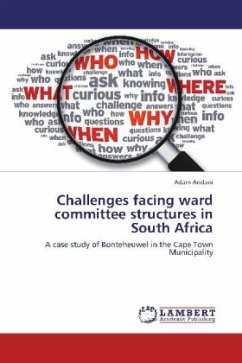Afghanistan, a country with 55 different ethnic groups and a huge diversity of 45 languages and dialects, has been struggling to establish statehood on the basis of Hobbes' conception of political power since the 18th century. In accordance with this understanding, the capital, Kabul, has been determined as the locus of power where different forms of government have been practiced to ensure a unified nation in the mountainous country. This study challenges the dominant assumption that power in Afghan rural communities is commonly structured on the basis of tradition and practiced by elder male members. Such a perception has effectively manipulated the democratic approach of the newborn politics in Afghanistan. This understanding, meanwhile, blocked achievement of a profound detailed perception of power in remote areas of the country. In accordance with this viewpoint, political power has been more and more centralized and the peripheral characteristics have been neglected in a new manner. Power relations in the villages have been viewed solely as a matter of those power brokers who possess power from their regions, not simply as a matter of the state. This implies that the assumption helps the state to underestimate the peripheries and to continue its Hobbesian tradition of power despite failures to provide political goods.
Hinweis: Dieser Artikel kann nur an eine deutsche Lieferadresse ausgeliefert werden.
Hinweis: Dieser Artikel kann nur an eine deutsche Lieferadresse ausgeliefert werden.

